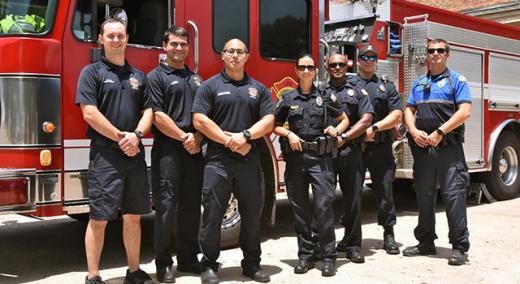Body
When the City of Germantown, Tennessee, was named a Baldrige Award recipient in 2019, the small suburb of Memphis (just 20 square miles in size) became only the fourth city to earn the prestigious, presidential award for organizational excellence.
|
ADVERTISEMENT |
During the Baldrige program’s 32nd Quest for Excellence Conference this year, Germantown City Administrator Patrick Lawton highlighted how his organization uses the Baldrige Excellence Framework to achieve and maintain high performance to serve its community.
…
Want to continue?
Log in or create a FREE account.
By logging in you agree to receive communication from Quality Digest.
Privacy Policy.

Add new comment